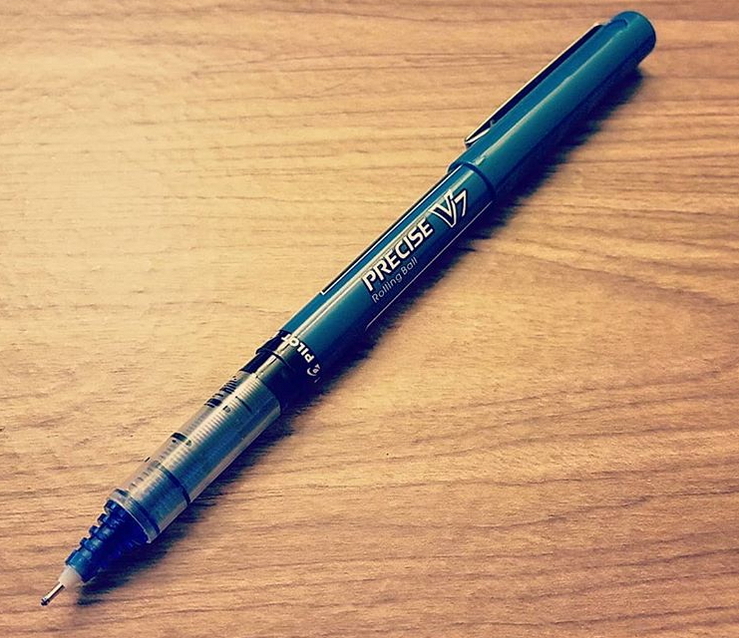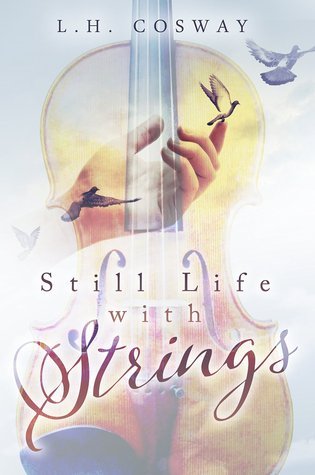
Author: Moriah
The Cult of Traditional Publishing Part 2: People don’t talk like that

★★★
“I’ve always wanted to write a book!” I hear quite a bit.
“Do it!” I say.
Writing a book has the lowest barrier to entry of any craft, hobby, art, free-time waster I can think of. Read more
The Cult of Traditional Publishing Part 1: The math don’t lie
★★★
I didn’t actually do the math.
I didn’t have the numbers for one side of the colon. But based on the proliferation of newsgroups, online critique groups, publishing forums in 2008, and the number of such denizens all trying to get published, I could guess. And it was huge.
Then there was me. 1 : x6214
Mormons aren’t a cult. I know because I’m a Mormon and I was in a cult. The cult had me far more brainwashed than Mormonism ever did or ever will. Read more
Utilities

I love utilities. Love love FLOVE me some utilities. I have utilities for every single damned thing I ever did and do, and some are already built into Windows. I even have a utility to make whatever latest Windows OS look like XP. Yes, really. You will find that some of these are quite primitive and/or aren’t developed anymore. I. Do. Not. Care. They do what I want and when what I want to do is something I can’t do, I go looking for more utilities. No, I don’t want one program with all the bells and whistles. I want one program that does one task well. Read more
David Bowie’s cod and what women really want
★★★
The movie Labyrinth (1986) is a tale of an adolescent girl’s quest/hero’s journey/sexual awakening. It’s a fantasy that features muppets good and slightly evil and everything in between. It also features David Bowie in very tight tights with his cod on obvious display. You can’t miss it—and that’s the point.
But why is it the point? Read more
Hoarders vs Code Enforcement

I watch hoarders programs because they make me feel good about my shoddy housekeeping. (Well, really, I have much better things to do than housework.) But it makes me feel superior because I’m not like them. Read more
Premeditatio malorum (or, borrowing trouble)
A Musing:
A lot of things really bad and really good have happened around Chez Moriah the last couple of years. One of the good things is that XX tax deduction has learned how to drive and is getting out and about on her own. She works only a few minutes away, so we got used to her driving to work and back. But she has an internship 20 minutes away from home, all freeway, heavily trafficked, and sometimes very windy. Today was her first day driving it by herself, and I am nervous and scared. Read more
A thingymajig out of the blue
I was going through some sewing notions that a friend gave me when I found this: Read more
Keepsakes and Reddit

I haven’t written much. I don’t know what I can say that I haven’t said before ad nauseam, and yet, I always forget I said it and continue to say it—at least, elsewhere. In my journals (dating back 21 years), in my doodles (dating back 30), in the two internet communities I participate in now. Read more
The Bunny
Bye bye, Granny. I love you.

My well was dry …
… and then suddenly it wasn’t.
So what happened was, 1520 Main was a very difficult book to write for many reasons. It wore me out. I already had two titles on the table awaiting my tender hacksaw that I did not want to work on. I had had, in the back of my mind, since The Proviso, the idea of a Scottish historical featuring Bryce Kenard’s ancestors.
Because Bryce Kenard … le sigh.
All I knew was that it would start with a cliché: Interrupt a wedding to snatch the bride. Read more
The Vomit Book

We have a strategic plan

A hot new writer

One day, on a school bus, the bus driver was driving a load of kids to school. They were at an intersection when the bus driver made a right turn on red. A kindergartner who just so happened to be sitting in the front said, “Hey! You can’t make a right turn on red!”
The bus driver then turned around, not focusing on the road, yelled, “I CAN MAKE A RIGHT TURN ON RED!”
So since he wasn’t looking, a city bus came speeding and hit the school bus. Everybody died. The end.
This is why busses don’t turn right on red.
Book Review: Still Life with Strings
 Review policy: I only post reviews on my blog for books I feel strongly about, good or bad.
Review policy: I only post reviews on my blog for books I feel strongly about, good or bad.
Title: STILL LIFE WITH STRINGS
Author: L.H. Cosway Read more
La Bodega
 I’ve been thinking about the way I eat (for various reasons) and how/why my eating habits are so bad, why I fall back on banal comfort food, why I’m not adventurous in the least.
I’ve been thinking about the way I eat (for various reasons) and how/why my eating habits are so bad, why I fall back on banal comfort food, why I’m not adventurous in the least.
As I was writing Paso Doble, I kept finding myself associating my characters’ meals at tapas bars with romance. Small bites in small dishes. Tasting. A meal of hors d’oeuvres, eaten slowly, from a lover’s hand. I wanted to be able to do that.
Musings on the “placeholder” heroine

I.
Except for those little moments relieved by the occasional huge moment, everyday life can be a drudgery. Whatever you are engaged in, be it work (no matter how glamorous or lucrative it is) or raising a family or fulfilling your calling at church or attaining some long-held goal (usually all of them at once), at some point, you’ll find yourself slogging through it and wondering where the magic is. Read more
The Mamba
 A friend wrote something on her Book of Faces, and instead of taking up all her comment space, I thought I’d put it here. I felt impressed to say a couple of words, but then it went into many words and then paragraphs. OMG I take a lot of words to say a thing.
A friend wrote something on her Book of Faces, and instead of taking up all her comment space, I thought I’d put it here. I felt impressed to say a couple of words, but then it went into many words and then paragraphs. OMG I take a lot of words to say a thing.
On reading – links roundup
One day I saw somebody say, “Links roundups are lame.” Well, I like them, but I have minority opinions more often than not. You know what? Fuck that. I like ’em and this is my blog.
Is ‘devouring’ books a sign of superficiality in a reader? Amongst romance readers, of course, this question is fightin’ words.
